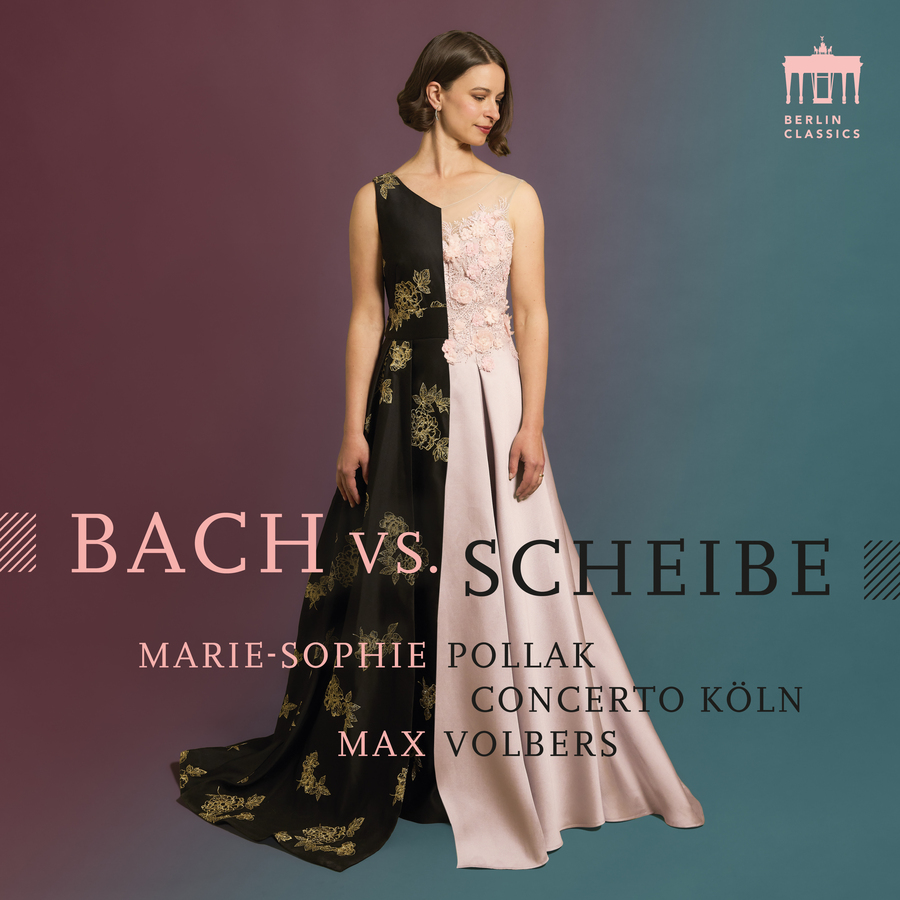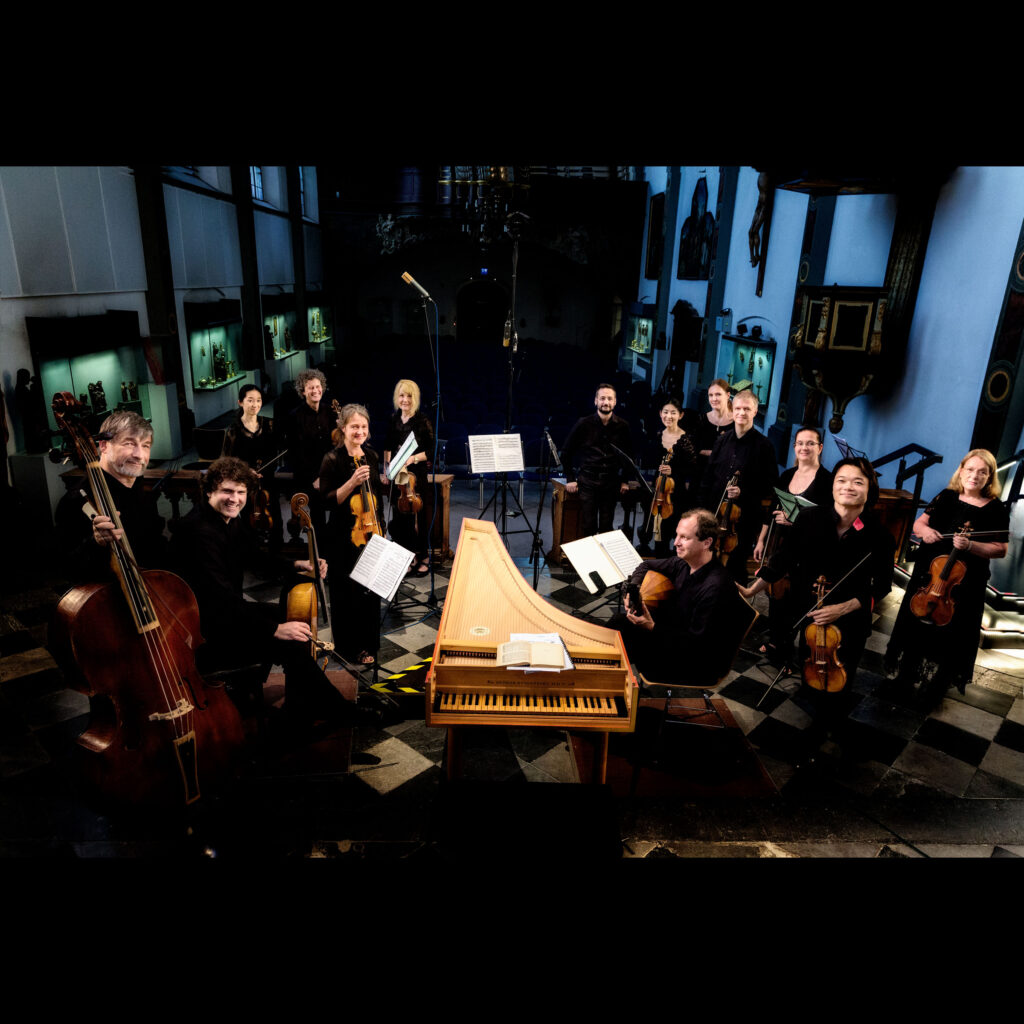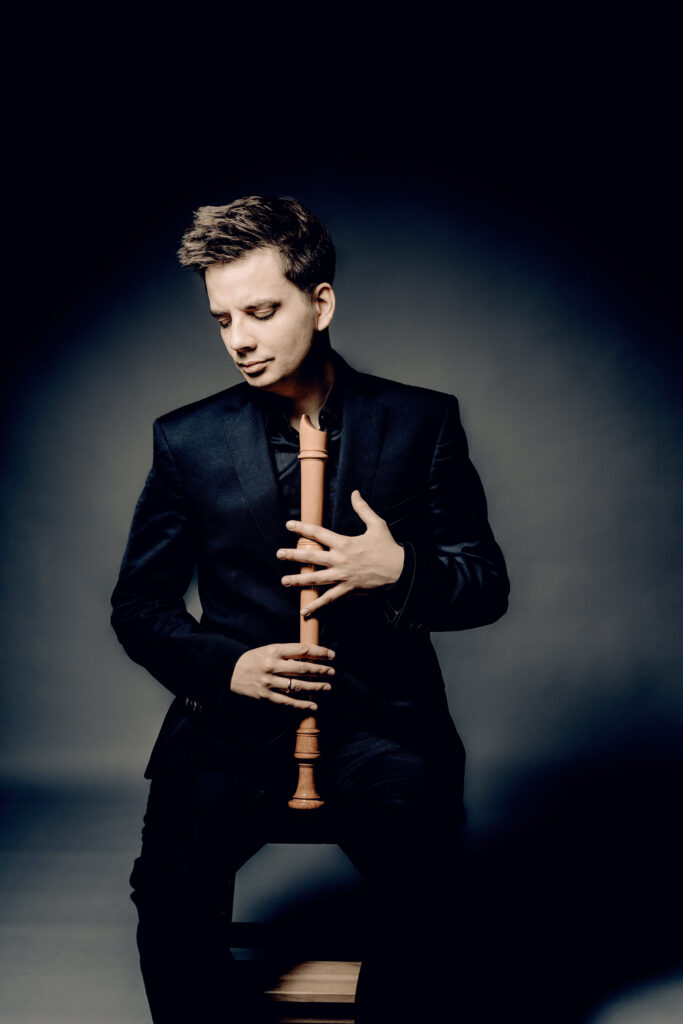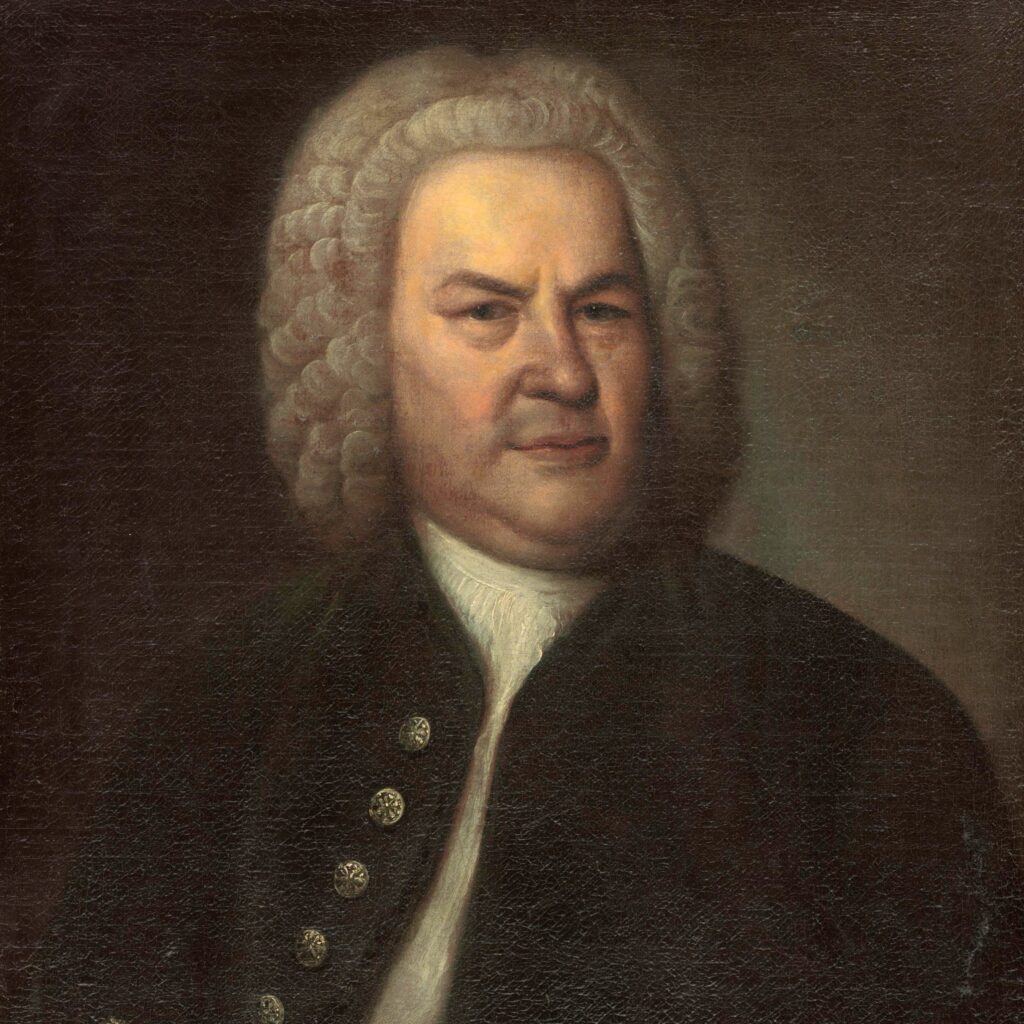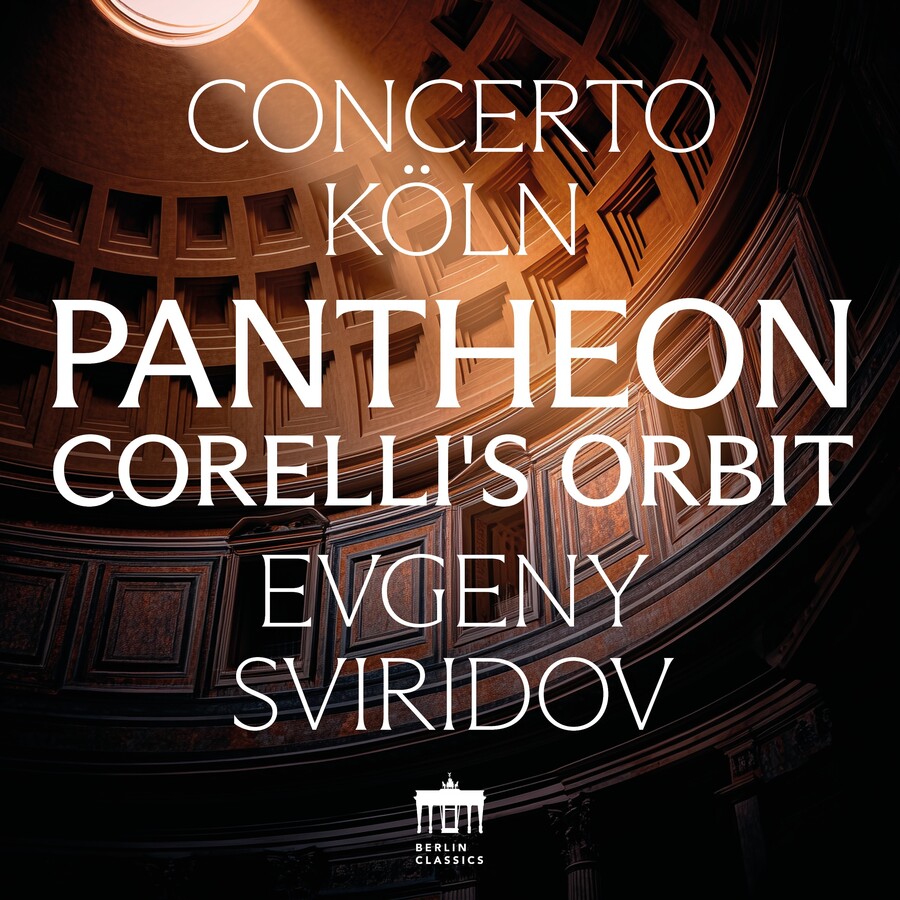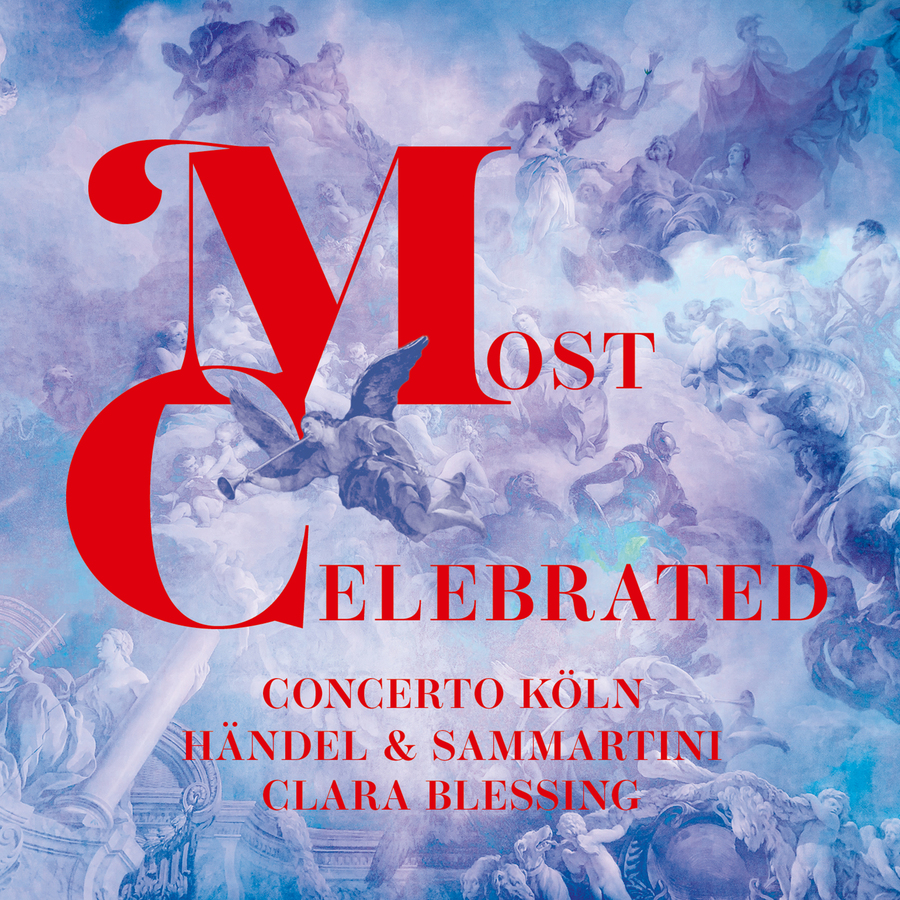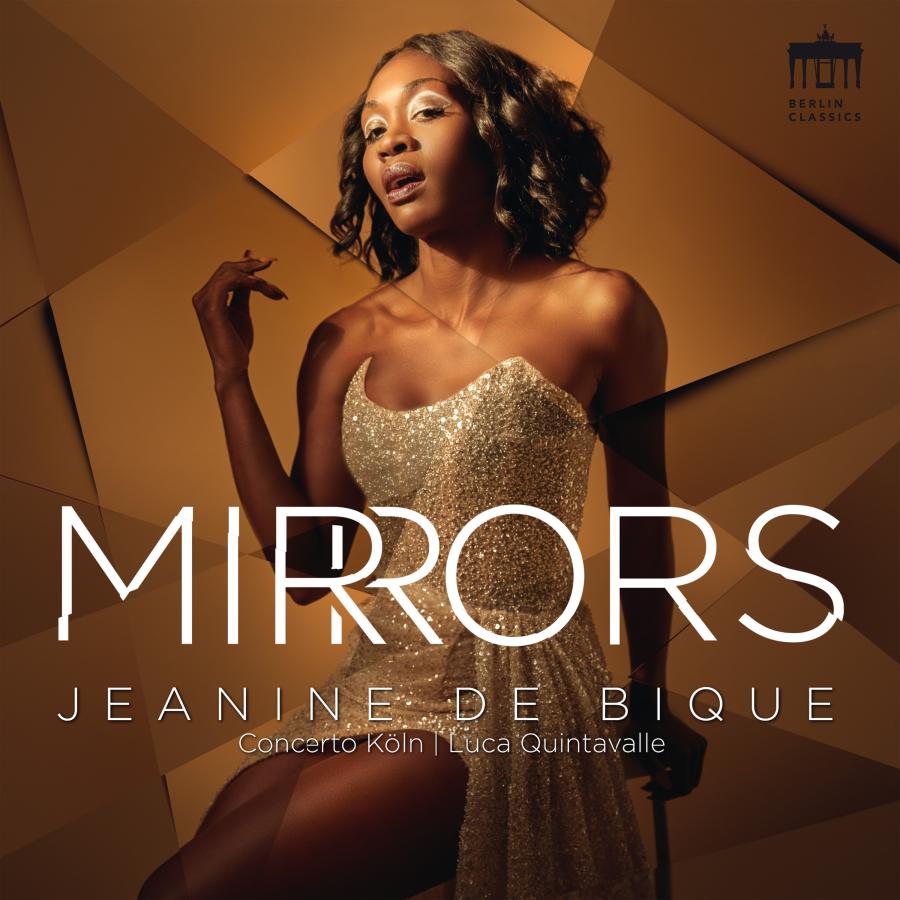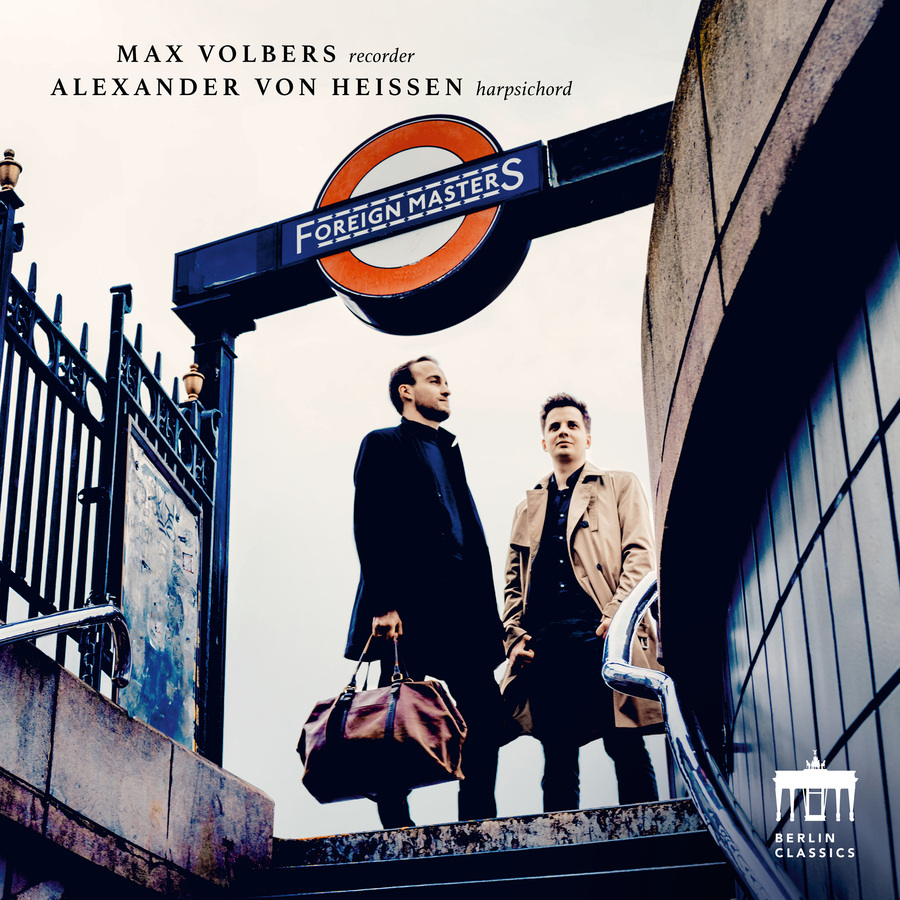Sometimes a musical dispute does not begin with fanfare, but with a sharp pen. In 1737, the German-Danish composer and music critic Johann Adolph Scheibe (1708-1776) published a commentary in his magazine “Der Critische Musicus”. The target of his satirical attack was none other than Johann Sebastian Bach (1685-1750). Without mentioning him by name, he criticised his compositional style as ‘tangled’ and ‘pompous’. The response was swift: rhetoric lecturer Johann Abraham Birnbaum publicly came to the defence of his friend Bach. And so a dispute ensued that dragged on for years. The renowned ensemble Concerto Köln now addresses this conflict on their album Bach vs. Scheibe.
The orchestra, which specialises in historical performance practice, approaches this dispute through music. Works by Bach and Scheibe are juxtaposed. Instead of a dispute, this creates a dialogue. Concerto Köln Concert Köln invited two guests to participate in this recording. Firstly, there is the young soprano Marie-Sophie Pollak, who is from Baden-Württemberg. She feels at home in Baroque music and seemingly effortlessly combines a sense of historical style with lively and nuanced expressiveness. The second guest is recorder player and harpsichordist Max Volbers, who brings all his skill and extensive experience in the field of early music to bear. Above all, he takes on the role of conductor of the ensemble. However, he also takes the opportunity to pick up the recorder for one piece (‘Himmelskönig, sei willkommen’ BWV 182) and take on the solo part. He also plays the harpsichord at various points and is the author of the booklet text.
The recording begins with Bach’s radiant cantata ‘Jauchzet Gott in allen Landen’ (Rejoice in God in all lands), whose virtuosity is further enhanced by Wilhelm Friedemann Bach’s magnificent arrangement. Scheibe counters with the cantata ‘Wer sich rühmen will’ (Whoever wants to boast), in which his love of gallant melodies and stylistic clarity is clearly audible. Whether instrumental works such as Bach’s C minor Concerto BWV 981, the sinfonia to ‘Ich hatte viel Bekümmernis’ (I had much sorrow), vocal gems such as ‘Süßer Trost’ (Sweet consolation) or Scheibe’s sensitive arias – each piece becomes an argument in a musical debate. And so this album contains more than just the music of two contemporaries. Rather, it shows the transition from the High Baroque to the Classical period and is an expression of an aesthetic generational conflict. Concerto Köln invites us to examine our prejudices and discuss taste. Above all, however, ‘Bach vs. Scheibe’ offers the pleasure of enjoying historically informed and lively interpretations of music. When two musicians ‘argue’ so brilliantly, the audience rejoices!



